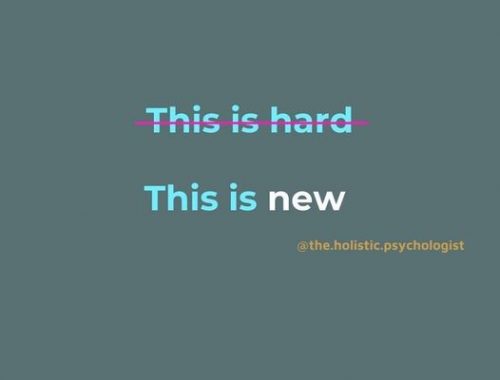Market research – the vital ingredient in communications
One of the most critical things that we can get to support the development of a communications strategy is market research. It makes sure that as communicators we understand the perspective of our audience and have an understanding of current attitudes, awareness and perceptions. While I know it is important, I am not an expert in this field, so I spoke to ORIMA Research to get their views on why market research is vital to dlivering good communications.
Writing communication strategies isn’t just all about messages and creative outputs, it is about knowing about your audience and creating activities that will reach the right people at the right time through the right channel. To do that, you need information, not just instinct. That is where market research comes in!
Market research is such a valuable resource, that can provide both quantitative (data, numbers, exact information) and qualitative (feelings, thoughts, awareness) insights. Market research allows you to make decisions based on evidence and track the progress of your activities by setting a benchmark and measuring changes.
To better understand market research, I asked Nathan Franklin, a Principal Research Consultant at ORIMA Research a few questions. ORIMA is a leader in this field and is Australia’s largest provider of research, evaluation and data services to Government. Having used their services for a number of years when I worked in Government, I can also tell you they are lovely to work with!
Why do you think market research is important for communications?
It is important to know your customers so that you can tailor your communications appropriately, to target messages and use appropriate dissemination channels (ones that your target clients are using). Doing research takes a lot of the guesswork out of communications, which essentially improves effectiveness and efficiency.
What types of market research can you do?
At ORIMA we do a variety of social research to help clients get a better understanding of their clients, stakeholders and employees, and assist them in developing practical improvement strategies. As a full-service research agency, our specialist teams provide a range of services, including:
- Communications and marketing research
- Client and stakeholder research
- Employee research
- Community research
- Policy development and program management research
- Program evaluations and reviews
- Data analytics
- Data portals
- Ballots
We also provide specialist research services in relation to Aboriginal and/or Torres Strait Islander peoples.
Do you really need to know your audience to be able to communicate to them – can’t you just guess?
You can always guess what your audience wants or needs and how to get to them. However, it may be hit or miss as to whether you achieve what you intend with your communications. Doing at least a little bit of research can generate much bigger benefits than the original investment for the research, such as more effective communications activities and better efficiencies in delivery (saving money).
Market research is often seen as too expensive. Is there anything people can do if they don’t have a big budget?
Communications research doesn’t have to be expensive. There is a lot of free online survey software out there that you can use for deploying a survey. However, the trap I often come across is the belief that questionnaire design and analysis is simple. This sometimes results in recommendations or action strategies that will not achieve the intended benefits (or can even be detrimental). I typically look at the potential ROI for research projects, and it is always positive if it’s done crrectly.
Research is often dismissed as its “not representative”, or the sample was too small. What is the right sample size to provide a valid result?
It really depends on your customer population profile as to what constitutes a representative sample or a robust sampling methodology. If your client population is homogenous (all the same type of people), you could get away with a basic random sample of 350 to get a robust confidence level. However, most customer groups tend to have at least a couple of different attributes about them that you should account for in a sampling methodology.
Against this, however, you don’t necessarily need to simply sample your customer group. More and more we are seeing clients survey all of their customers/stakeholders considering online research is very cost-effective these days.
Why do you love market research?
I see research as forming part of the business of problem-solving, and I love problem-solving! The type of research and the range of projects I manage means that I get exposure to many different businesses, public sector agencies, topics, problems and people (including the most senior managers/directors), which I may not have been privy to in other roles. This variety of work helps me to not only sharpen my skills but use these to help better inform people/clients on how to approach problems.

